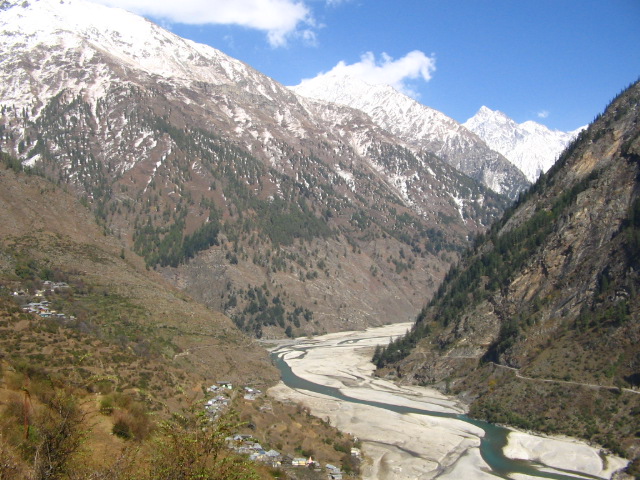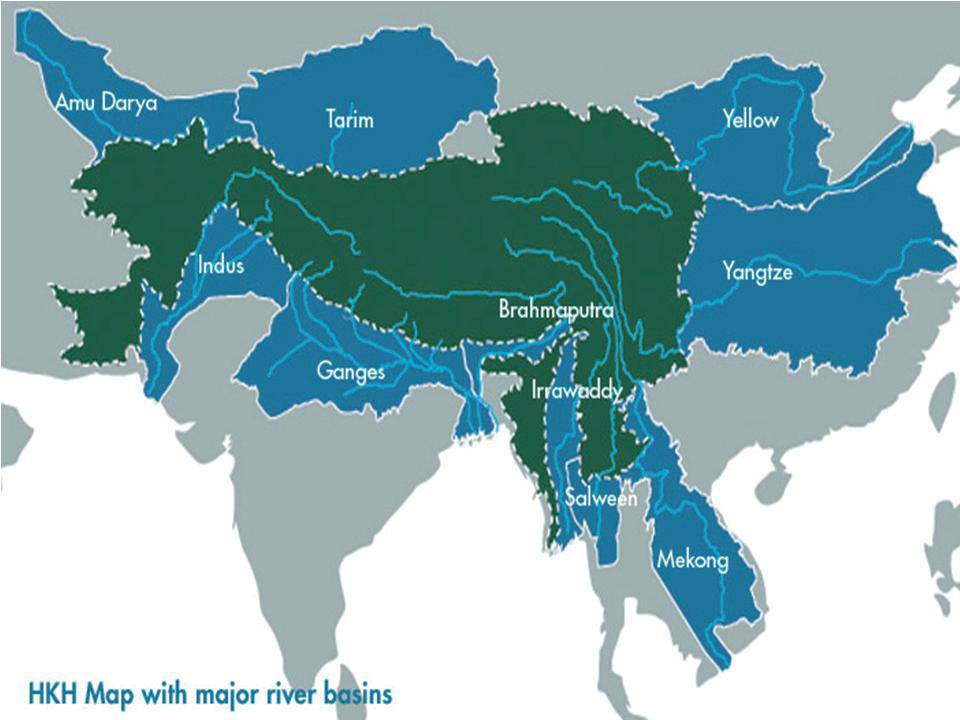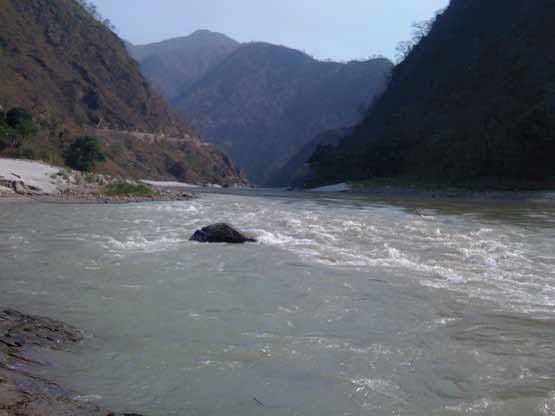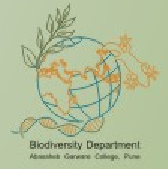/regions/ganga
Ganga
Assessment of the environmental flows requirements for the Upper Ganga basin: A report by the World Wide Fund for Nature (India)
Posted on 22 Jun, 2012 02:27 PMThe Ganga is the most sacred river in the sub-continent, and revered by millions.It is also among the top ten rivers at risk. The key threat to the river is indiscriminate abstraction of water from the river, leavng it unable to maintain its ecological integrity or to satisfy the needs of riparian communities.
Water quality of the Bhagirathi, Ganga in the Himalayan region: A study by NEERI
Posted on 19 May, 2012 05:00 PM The Bhagirathi in its upper reaches, here seen near Dharali (Photo: Chicu Lokgariwar)
The Bhagirathi in its upper reaches, here seen near Dharali (Photo: Chicu Lokgariwar)
Teesta, Tipaimukh and riverlinking: Danger to Bangladesh-India relations – A paper in Economic and Political Weekly
Posted on 06 May, 2012 11:25 AMBangladesh shares 54 rivers with India. Any unilateral action by India on any of its international rivers will degrade its relations with its neighbours while also adversely affecting its ecology, economy and society. Bangladesh being a riverine and a lower riparian country remains sensitive to matters of water, whether inland or maritime.
The status of glaciers in the Hindu Kush-Himalayan region - A report by the ICIMOD
Posted on 17 Feb, 2012 03:00 PMThe HKH region is one of the most dynamic, fragile, and complex mountain systems in the world as a result of tectonic activity and the rich diversity of climates, hydrology, and ecology. The high Himalayan region is the freshwater tower of South Asia and has the highest concentration of snow and glaciers outside the polar regions giving it the name Third Pole.
Balati glacier, Pithoragarh district, Uttarakhand (Source: Uttarakhand and I)
River basin planning for Ganga : Lessons from Murray-Darling Basin Authority
Posted on 02 Feb, 2012 09:15 PMThis interactive session with NGOs working on water and river issues was held in continuation of the “Living rivers, dying rivers” series at the request of AusAid. The meeting was chaired by Prof. Ramaswamy R. Iyer, Honorary Professor, Centre for Policy Research and an author of books and articles on water while the lead speaker Dr.
Interdisciplinary approach to water management: From the uplands to the coast - The Ganges-Brahmaputra-Meghna Basin
Posted on 30 Dec, 2011 11:04 AMIn this paper, Jayanta Bandopadhyay explains the need for an interdiscipliinary framework for water resource management. He states that this framework needs to include ecological, social, economic and institutional perspectives. These perspectives are essential to facilitate cooperation over the management of transboundary rivers.

The impacts of water infrastructure and climate change on the hydrology of the Upper Ganges river basin – A research report by IWMI
Posted on 18 Dec, 2011 07:03 PM The Ganges river system originates in the Central Himalayas, and extends into the alluvial Gangetic Plains and drains into the Indian Ocean at the Bay of Bengal. In the upstream mountainous regions, hydropower is the main focus of development with mega and micro projects either under construction or being planned in both Nepal and India.
The Ganges river system originates in the Central Himalayas, and extends into the alluvial Gangetic Plains and drains into the Indian Ocean at the Bay of Bengal. In the upstream mountainous regions, hydropower is the main focus of development with mega and micro projects either under construction or being planned in both Nepal and India.
After the main river channel reaches the plains, it is highly regulated with dams, barrages and associated irrigation canals. All this infrastructure development and abstractions affects the river’s flow regime and reduces flows, which, in turn, impacts downstream water availability, water quality and riverine ecosystems. Furthermore, there are concerns that climate change is likely to exacerbate the water scarcity problem in the Ganges Basin. Therefore, modeling the hydrology of the basin is critical for estimation, planning and management of current and future water resources.
Qualitative and quantitative water scarcity issues in Bihar - A presentation
Posted on 21 Nov, 2011 11:49 AMThis presentation highlights the grave water situation in Bihar in the context of the emerging water quality and quantity issues that the world and especially developing countries will be facing in the near future.
National Conference on River Ganga Basin Management: Issues and Challenges, Centre for Environmental Science and Technology, BHU, January 9-11, 2012, Varanasi
Posted on 18 Oct, 2011 12:26 PMOrganizer: Centre for Environmental Science and Technology
Venue: Banaras Hindu University, Varanasi

WWF invites applications for Senior Programme Officer – Coordinator, Delhi - Apply by October 10, 2011
Posted on 06 Oct, 2011 07:41 PMContent courtesy – DevNetJobsIndia

WWF-India has been working to promote harmony between human beings and nature for more than four decades.